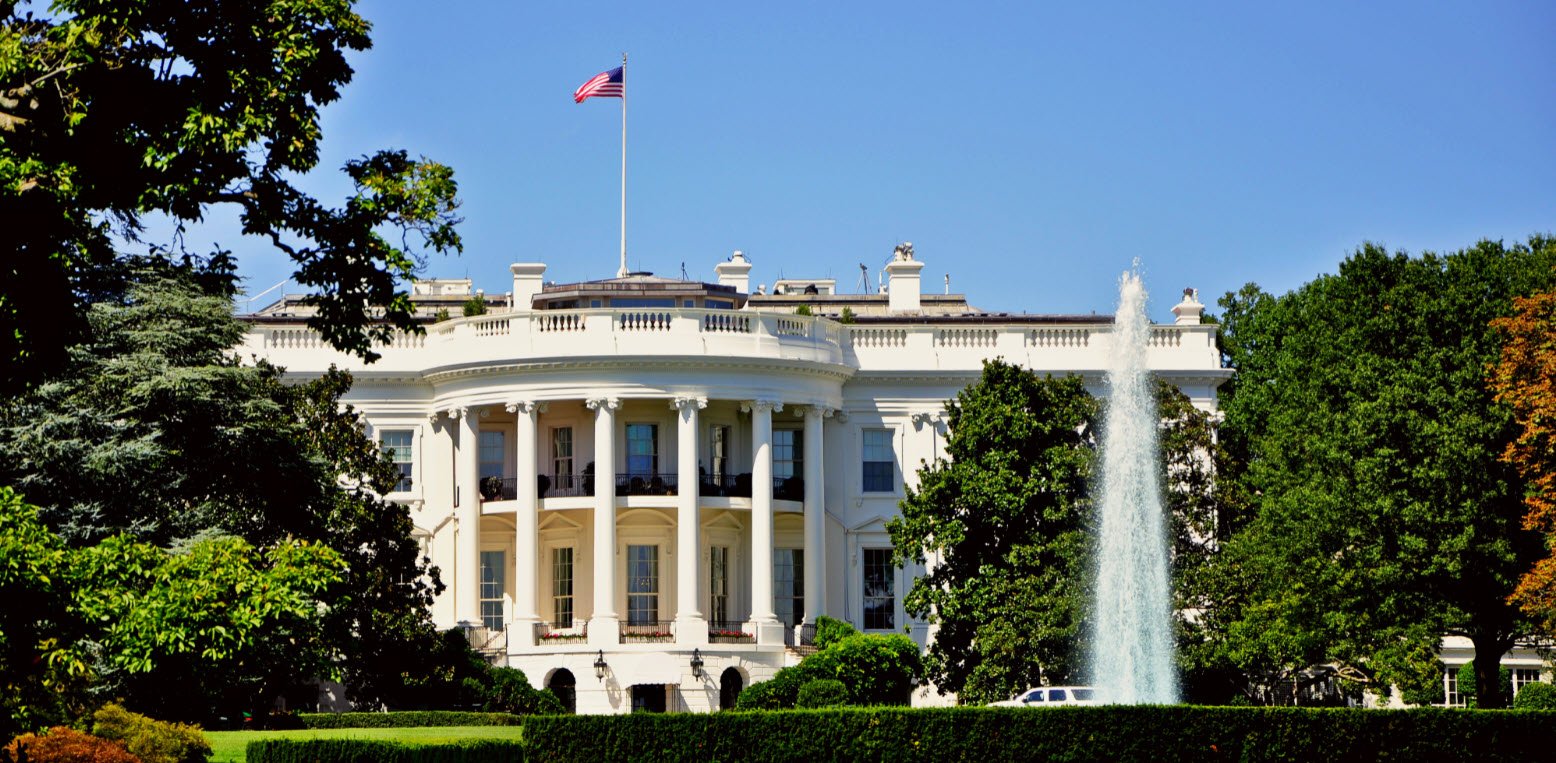Concern regarding IP theft and other forms of unfair trade practices have been of paramount importance in the past five years in the United States – and have indeed been the justification for imposing significant and long-lasting trade barriers. The Biden Administration affirmed its commitment to using a wide range of remedies to address such trade practices through a set of reports on the 100-day interagency reviews conducted pursuant to Executive Order 14017 “America’s Supply Chains” (the “Reports”). As we addressed in previous blog posts, the Reports, published on June 8, 2021, emphasize four key areas of focus: pharmaceuticals, semi-conductors, large capacity battery manufacturing and use, and critical minerals and materials. The Reports represent an interagency effort to shore up the US supply chain in these sectors.
As part of this effort, the Administration announced that it will establish a “trade strike force” to address unfair foreign trade practices, such as subsidies, that may erode the resilience of critical supply chains. This trade strike force will be led by the US Trade Representative (“USTR”) and will propose unilateral and multilateral enforcement actions against unfair foreign trade practices that negatively impact domestic production and US market access. It appears that the strike force will target China.
Outstanding questions exist, including what form these new enforcement measures will take and whether there will been any attempt to dismantle the mounting trade barriers. Before the COVID-19 pandemic, the US-China trade war and other US measures brought in decades-old trade tools to address perceived unfair foreign practices or protect US national interests. During the pandemic, a plethora of new global measures were introduced on an emergency basis, including those affecting medical products or domestic subsidies provided to a range of industries. In addition, supply chain bottlenecks arose in the absence of government intervention (e.g., shipping container shortages, port delays, production shortages due to effects of lockdowns).
The trade strike force appears to have the authority to identify specific violations that have contributed to supply disruptions and to address those with trade remedies. USTR has several powerful options, including import volume restrictions, increased tariffs, and other border measures. Already the Commerce Department is evaluating whether to initiate a “Section 232” investigation into neodymium magnet imports through its authority to consider national security concerns and recommend action. The Section 232 duties imposed on steel and aluminum in 2018 under the previous administration continue to have widespread effects on critical infrastructure projects, downstream domestic manufacturing, and exports. Additional duties imposed for national security reasons can be wide-reaching and highly disruptive to supply chains.
In addition to national security concerns (and resulting border measures), the Biden Administration has emphasized its commitment to safeguard American innovation and has urged China to do more to protect the IP rights of US companies. US concerns of foreign IP practices formed a cornerstone of the US-China trade war and served as a bass for the imposition of tariffs ranging from 7.5 percent to 25 percent on nearly all imports from China. Further, USTR maintains a “Priority Watchlist” with respect to countries’ IP protections and this list includes others besides China, namely, Argentina, Chile, India, Indonesia, Russia, Saudi Arabia, Ukraine and Venezuela. These countries are key suppliers in the four sectors that are the focus of the Reports. USTR will now consider whether to elevate its concerns through the trade strike force, where it appears to have broad discretion to propose action. The Reports serve as a warning that the Administration intends to continue to use trade remedies tools to incentivize action from US trade partners and attempt to protect domestic production. Such restrictions affect importers and consumers and do not always have the intended consequence. Engagement with the interagency process is critical to ensuring that interests are taken into account and that remedies are properly tailored to achieve the stated goals.
Related Blog Posts
- The White House Announces Key Findings from 100-Day Reviews Under “America’s Supply Chains” Executive Order and Takes Actions Intended to Ensure Supply Chain Resilience
- Biden Administration Supply Chain Reports Deeper Dive #1: The Expansion of Regulation over Responsible Sourcing of Minerals and Corruption in Supply Chains on the Horizon
- Biden Administration Supply Chain Reports Deeper Dive #2: Focus on the Use of the Defense Production Act to Incentivize Production in Critical Supply Chains
- Biden Administration Supply Chain Reports Deeper Dive #3: White House 100-Day Review of Semiconductor and Advanced Packaging Supply Chain Recommends Strengthening Export Controls




